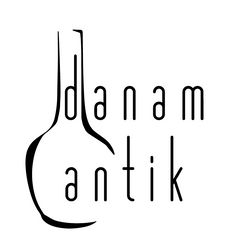Description
Royal Copenhagen Early Cup and saucer with Thorvaldsen Motif from 1860-1880
In good condition. Measures 7cm / 2 3/4" dia and 6cm / 2 1/3" high. Saucer measures 12,5cm / 4 9/10".
In good condition. Measures 7cm / 2 3/4" dia and 6cm / 2 1/3" high. Saucer measures 12,5cm / 4 9/10".
Payment & Security
Your payment information is processed securely. We do not store credit card details nor have access to your credit card information.






